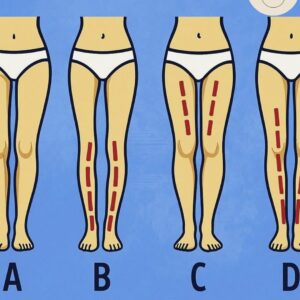Eggs are a nutritious food packed with “high-quality protein, essential vitamins, and minerals,” making them a valuable part of the human diet. However, moderation is key, as daily consumption has both benefits and risks.
**Nutritional Powerhouse**
Eggs provide “all the essential amino acids,” making them a complete protein source. They are rich in vitamins A, D, E, B12, folic acid, iron, and zinc, all vital for bodily functions.
**Eye and Brain Health**
They contain antioxidants like lutein and zeaxanthin, which “protect the eyes from aging” and help prevent cataracts. Eggs are also rich in choline, “a key nutrient for brain development,” improving memory and reducing cognitive decline.
**Supports Weight Loss**
The high protein content “creates satiety,” helping control appetite and reduce calorie intake.
**Potential Health Risks**
While egg cholesterol “does not directly affect blood cholesterol levels,” excessive intake may pose risks for those with heart or liver conditions. Allergies to egg proteins may also cause skin, digestive, or respiratory issues. Raw or undercooked eggs carry a risk of salmonella.
**Final Thought**
Eggs offer many health benefits when eaten in moderation as part of a balanced diet. As the article notes, it’s essential to “understand its effects on the body and adapt it to our individual needs.”





